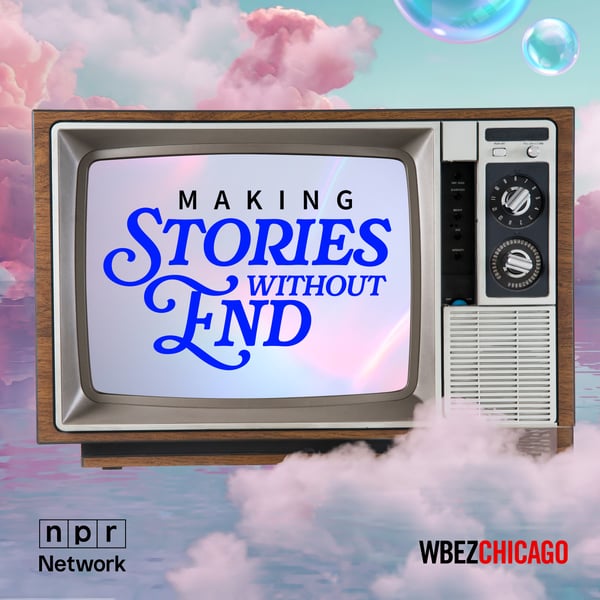Oprah 1: No Strategy, No Plan, No Formula
Making
WBEZ Chicago
4.6 • 3.7K Ratings
🗓️ 10 November 2016
⏱️ 59 minutes
🧾️ Download transcript
Summary
It was 30 years ago this fall that Oprah Winfrey first said “hellooooo” to a national audience. By the show’s finale in 2011, it was aired in 145 countries and watched by more than 40 million viewers a week in the U.S. alone. Today’s daytime hosts like Ellen and Dr. Oz? They now average only about a tenth of that.
If Oprah mentioned a book title, it became a best-seller. She landed the interviews that no one else could get. Her message of spirituality and empowerment influenced millions.
With an hourlong daytime TV show, Oprah built a powerful brand. She made billions. And, as CNN, USA Today, Forbes and Time Magazine all proclaimed, she became the most powerful woman in America.
In the first of a three-part podcast series, Oprah and former producers talk with WBEZ's Jenn White about the early, scrappy days of the program. Phil Donahue reflects on Oprah's entry into the daytime talk landscape that he once dominated. Plus, the podcast revisits milestones from the 1980s, like the show's national debut, and some mixed feelings over the show's highest-rated episode ever.
Transcript
Click on a timestamp to play from that location
| 0:00.0 | Here in Chicago, a landmark building is coming down to make way for a new McDonald's headquarters. |
| 0:08.4 | Harpo studios, the one-time home of the Oprah Winfrey show, the place where people would line up for days to get in, |
| 0:15.2 | the place where Tom Cruise jumped up and down on a couch, the place where TV history was being made in our city was being demolished. |
| 0:24.0 | We stopped a construction worker at the site to ask him about it. |
| 0:28.0 | This is the spot where she had all the cars there, right? When she gave away those cars, I mean, everybody remembers that one, but, you know, got them who won. |
| 0:36.0 | I mean, I don't know what's going to end up right here. I heard maybe something like a McDonald's or something else, but I'm really not sure. |
| 0:42.0 | Yeah, it is kind of sad to see it go on. Everybody loves Oprah. |
| 0:48.0 | Since we heard about the demolition, we've been talking to dozens of people that used to work at Harpo. |
| 0:53.0 | It's just too sad. I can't see it. |
| 0:56.0 | It makes me weep because it was beautiful. We had a beautiful time in that studio. |
| 1:01.0 | I don't want to see it yet. I don't want to see it. |
| 1:05.0 | It makes me really sad. Where did I go? Who has my furniture? Who has my chair? |
| 1:11.0 | Makes you feel a little old when they start demolishing the buildings you worked in. Good feeling. Thanks for bringing that up, Jennifer. |
| 1:17.0 | Doing my job, doing my job. |
| 1:21.0 | I feel a little differently. I feel like I would be sad if I had to drive by the building and the McDonald's logo was there instead of Oprah's name that would break my heart. |
| 1:32.0 | Have you been back to the site since the demolition? |
| 1:35.0 | No. I guess a part of me just hasn't wanted to go by there. |
| 1:40.0 | Why? |
| 1:41.0 | I don't know. It's just... |
| 1:45.0 | It was a time. |
| 1:48.0 | And then seeing the building gone. It's like that time is over. |
| 1:54.0 | In our interviews with the former Herponeans, that's what they call themselves, for them, even though the show ended five years ago, the destruction of Harpo Studios somehow makes it feel like the show was really gone. |
... |
Please login to see the full transcript.
Disclaimer: The podcast and artwork embedded on this page are from WBEZ Chicago, and are the property of its owner and not affiliated with or endorsed by Tapesearch.
Generated transcripts are the property of WBEZ Chicago and are distributed freely under the Fair Use doctrine. Transcripts generated by Tapesearch are not guaranteed to be accurate.
Copyright © Tapesearch 2025.

